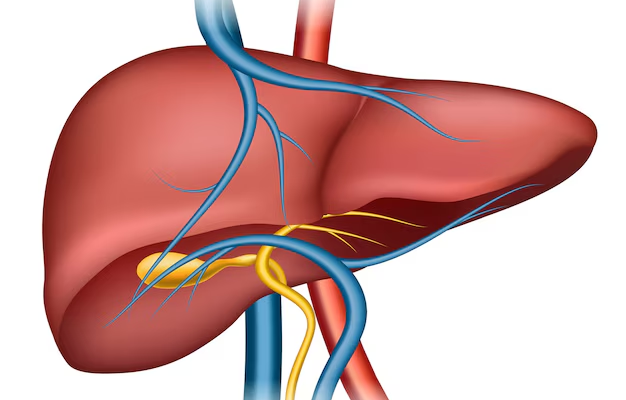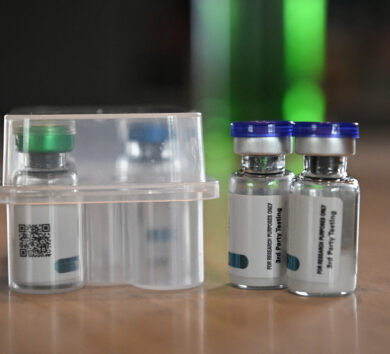

The liver is the largest solid organ in the human body, but how much do you know about it?
It is crucial for the digestive system, removing toxins, metabolising nutrients, and maintaining immune function and, yes, it gets the most abuse from high levels of alcohol consumption.
Hepatitis A, B and C are commonest cause of liver disease and liver cancer worldwide.
Other causes include contact with toxins, certain prescribed medications, and genetic factors.
Here are 10 important facts about the liver:
1. Regenerate
The liver is remarkably self-regenerating, even in the event of severe injury. This implies that the remaining liver tissue can regenerate and restore the liver’s function, even if up to 70% of the liver is removed.
2. Produce glucose
Blood sugar regulation is greatly influenced by the liver. When blood sugar levels are low, it can create glucose, which is subsequently released into the bloodstream. Known as gluconeogenesis, this process aids in blood sugar regulation and guards against hypoglycemia.
3. The liver can store vitamins and minerals
Iron, copper, and vitamins A, D, E, K, and B12 are among the vital minerals and vitamins that are stored in the liver. The liver holds onto these vitamins and minerals until the body needs them. This is a crucial role for the liver to play since it guarantees the body’s continuous access to these vital nutrients.
4. The liver can metabolise drugs
The liver is in charge of breaking down medications and changing them into less harmful forms that the body can eliminate. However, each person’s liver capacity for drug metabolism differs based on their genetic predisposition as well as other variables. Variations in drug efficacy and possible side effects may result from this.
5. Blood clotting
The liver produces numerous blood-clotting substances, including fibrinogen and prothrombin, which are proteins essential for the blood to clot properly. This is important for preventing excessive bleeding and promoting healing.

6. The liver can produce heat
The liver produces heat through a process known as thermogenesis. This process helps regulate body temperature and is especially important in newborns and infants.
7. The liver can affect mental health
Recent studies suggested that the liver may play a role in mental health. Since the liver filters out toxins like ammonia from the bloodstream when it is not functioning optimally, toxins can accumulate in the body and affect brain function. Depression and anxiety are listed as side effects of poor liver function.
8. The liver can produce hormones
Among the hormones produced by the liver are those that are involved in growth and development, such as insulin-like growth factor 1 (IGF-1). Angiotensinogen, which is crucial in controlling blood pressure, is also produced by the liver.
9. The liver can metabolise alcohol
Alcohol metabolism by the liver is responsible for breaking it down into less toxic forms. However, drinking too much alcohol can harm the liver and cause liver disease.
10. Eliminate bacteria from the blood
The liver is crucial in removing bacteria and other harmful substances from the bloodstream. It contains cells called Kupffer cells, which can engulf and destroy bacteria, viruses, and other harmful particles.
Also, since the liver plays an assistant role to both kidneys, what affects one may affect the other. So, renal health should also be considered in keeping the liver safe and healthy.
Now that you know how vital the liver is to one’s overall health, you may want to think twice the next time you take up a bottle of alcoholic beverage or consume food with toxins.







Comments